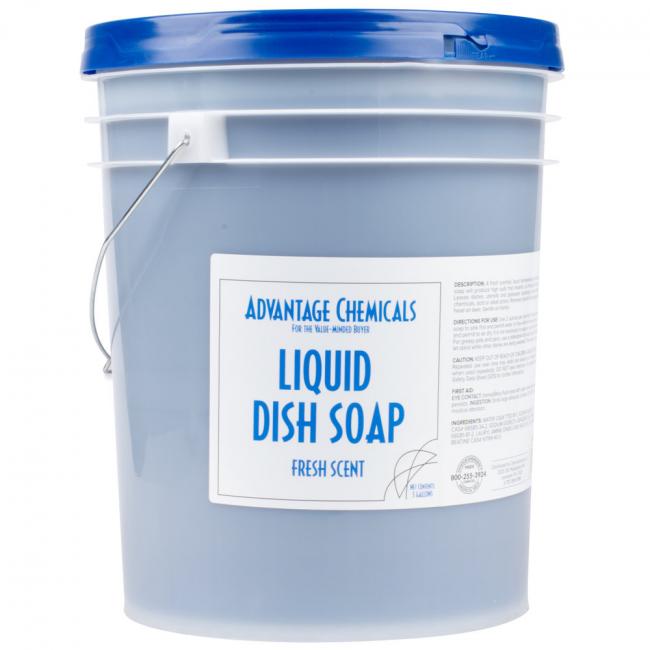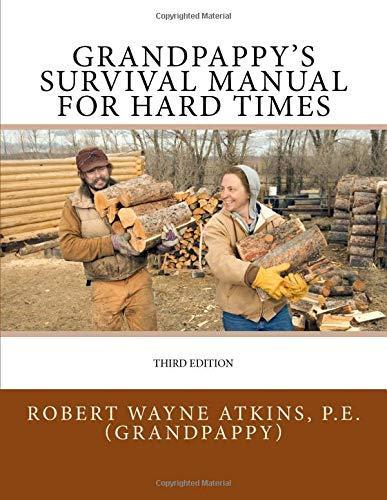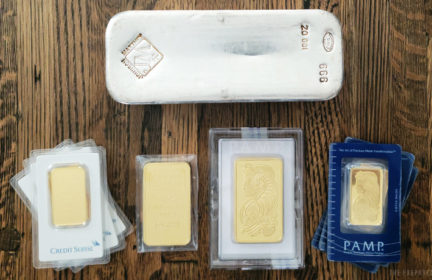100 things to disappear first
I was going through some prep info today and found this article originally published in 2007 on Fluwiki. It is a very interesting list of items and has been helpful in planning some of my preps, so I thought I would share it with you. Some of you may have already read this, but it is worth looking at from time to time. I keep tinned gravy in my preps because of this list.
(I have added spaces between the lines for ease of reading)
Quote begins:
Tips From Sarajevo: 100 Items to Disappear First
Generators (Good ones cost dearly. Gas storage, risky. Noisy…target of thieves, invites marauders; maintenance etc.)
Water Filters/Purifiers
Portable Toilets
Seasoned Firewood. Wood takes about 6 – 12 months to become dried, for home uses.
Lamp Oil, Wicks, Lamps (First Choice: Buy CLEAR oil. If scarce, stockpile ANY!)
Coleman Fuel. Impossible to stockpile too much.
Guns, Ammunition, Pepper Spray, Knives, Clubs, Bats & Slingshots.
Hand-can openers, & hand egg beaters, whisks.
Honey/Syrups/white, brown sugar
Rice – Beans – Wheat
Vegetable Oil (for cooking) Without it food burns/must be boiled etc.)
Charcoal, Lighter Fluid (Will become scarce suddenly)
Water Containers (Urgent Item to obtain.) Any size. Small: HARD CLEAR PLASTIC ONLY – note – food grade if for drinking.
Propane Cylinders (Urgent: Definite shortages will occur.)
Survival Guide Book.
Mantles: Aladdin, Coleman, etc. (Without this item, longer-term lighting is difficult.)
Baby Supplies: Diapers/formula. ointments/aspirin, etc.
Washboards, Mop Bucket w/wringer (for Laundry)
Cookstoves (Propane, Coleman & Kerosene)
Vitamins
Propane Cylinder Handle-Holder (Urgent: Small canister use is dangerous without this item)
Feminine Hygiene/Haircare/Skin products.
Thermal underwear (Tops & Bottoms)
Bow saws, axes and hatchets, Wedges (also, honing oil)
Aluminum Foil Reg. & Heavy Duty (Great Cooking and Barter Item)
Gasoline Containers (Plastic & Metal)
Garbage Bags (Impossible To Have Too Many)
Toilet Paper, Kleenex, Paper Towels
Milk – Powdered & Condensed (Shake Liquid every 3 to 4 months)
Garden Seeds (Non-Hybrid) (A MUST)
Clothes pins/line/hangers (A MUST)
Coleman’s Pump Repair Kit
Tuna Fish (in oil)
Fire Extinguishers (or..large box of Baking Soda in every room)
First aid kits
Batteries (all sizes…buy furthest-out for Expiration Dates)
Garlic, spices & vinegar, baking supplies
Big Dogs (and plenty of dog food)
Flour, yeast & salt
Matches. (“Strike Anywhere” preferred.) Boxed, wooden matches will go first
Writing paper/pads/pencils, solar calculators
Insulated ice chests (good for keeping items from freezing in Wintertime.)
Workboots, belts, Levis & durable shirts
Flashlights/LIGHTSTICKS & torches, “No. 76 Dietz” Lanterns
Journals, Diaries & Scrapbooks (jot down ideas, feelings, experience; Historic Times)
Garbage cans Plastic (great for storage, water, transporting – if with wheels)
Men’s Hygiene: Shampoo, Toothbrush/paste, Mouthwash/floss, nail clippers, etc
Cast iron cookware (sturdy, efficient)
Fishing supplies/tools
Mosquito coils/repellent, sprays/creams
Duct Tape
Tarps/stakes/twine/nails/rope/spikes
Candles
Laundry Detergent (liquid)
Backpacks, Duffle Bags
Garden tools & supplies
Scissors, fabrics & sewing supplies
Canned Fruits, Veggies, Soups, stews, etc.
Bleach (plain, NOT scented: 4 to 6% sodium hypochlorite)
Canning supplies, (Jars/lids/wax)
Knives & Sharpening tools: files, stones, steel
Bicycles…Tires/tubes/pumps/chains, etc
Sleeping Bags & blankets/pillows/mats
Carbon Monoxide Alarm (battery powered)
Board Games, Cards, Dice
d-con Rat poison, MOUSE PRUFE II, Roach Killer
Mousetraps, Ant traps & cockroach magnets
Paper plates/cups/utensils (stock up, folks)
Baby wipes, oils, waterless & Antibacterial soap (saves a lot of water)
Rain gear, rubberized boots, etc
Shaving supplies (razors & creams, talc, after shave)
Hand pumps & siphons (for water and for fuels)
Soysauce, vinegar, boullions/gravy/soupbase
Reading glasses
Chocolate/Cocoa/Tang/Punch (water enhancers)
“Survival-in-a-Can”
Woolen clothing, scarves/ear-muffs/mittens
Boy Scout Handbook, / also Leaders Catalog
Roll-on Window Insulation Kit (MANCO)
Graham crackers, saltines, pretzels, Trail mix/Jerky
Popcorn, Peanut Butter, Nuts
Socks, Underwear, T-shirts, etc. (extras)
Lumber (all types)
Wagons & carts (for transport to and from)
Cots & Inflatable mattresses
Gloves: Work/warming/gardening, etc.
Lantern Hangers
Screen Patches, glue, nails, screws,, nuts & bolts
Teas
Coffee
Cigarettes
Wine/Liquors (for bribes, medicinal etc)
Paraffin wax
Glue, nails, nuts, bolts, screws, etc.
Chewing gum/candies
Atomizers (for cooling/bathing)
Hats & cotton neckerchiefs
Goats/chickens
From a Sarajevo War Survivor:Stockpiling helps, but you never no how long trouble will last, so locate near renewable food sources.
Living near a well with a manual pump is like being in Eden.
After awhile, even gold can lose its luster. But there is no luxury in war quite like toilet paper. Its surplus value is greater than gold’s.
If you had to go without one utility, lose electricity – it’s the easiest to do without (unless you’re in a very nice climate with no need for heat.)
Canned foods are awesome, especially if their contents are tasty without heating. One of the best things to stockpile is canned gravy – it makes a lot of the dry unappetizing things you find to eat in war somewhat edible. Only needs enough heat to “warm”, not to cook. It’s cheap too, especially if you buy it in bulk.
Bring some books – escapist ones like romance or mysteries become more valuable as the war continues. Sure, it’s great to have a lot of survival guides, but you’ll figure most of that out on your own anyway – trust me, you’ll have a lot of time on your hands.
The feeling that you’re human can fade pretty fast. I can’t tell you how many people I knew who would have traded a much needed meal for just a little bit of toothpaste, rouge, soap or cologne. Not much point in fighting if you have to lose your humanity. These things are morale-builders like nothing else.
Slow burning candles and matches, matches, matches.
More matches
End Quote
-
Comments (40)
-



